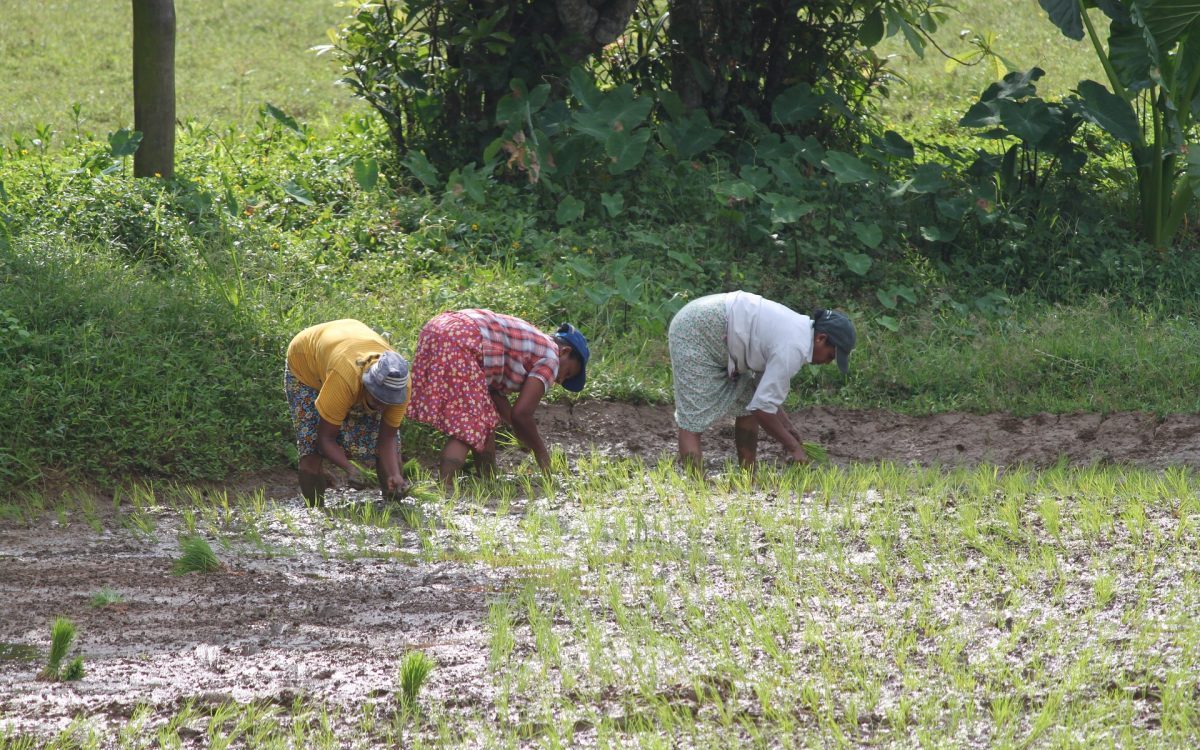On April 22, 2021, President Gotabaya Rajapaksa announced a ban on the import of chemical fertiliser in Sri Lanka. Verité Research conducted a “Farmers’ Pulse” telephone survey to elicit the views of farmers, on this policy and its expected impact. This is the first time that the perception of Sri Lankan farmers on this policy is being presented based on statistically representative island wide survey results.
Major Highlights
▪ Over 90% of farmers surveyed said they currently use chemical fertilizer, and almost all of them (85%) expect huge reductions in their harvest (average expected reduction of 47%) if they are not able to use chemical fertilizer.
▪ Almost two-thirds of the farmers said they are supportive of the government’s vision to move Sri Lanka into organic agriculture, but almost 80% of those who are supportive feel that it would require more than one year to do so.
Key Insights
▪ The highest dependency on chemical fertilizer is among paddy farmers (94%) followed by tea and rubber (89%)
▪ There is a low level of confidence on the knowledge required for the transition. Only 20% of the farmers said they had adequate knowledge on suitable organic fertilizers and the proper application of it to their crops.
▪ The 3 major requests that farmers make of the government are for (1) advise and instructions on organic fertiliser (2) more time, so that it can be a gradual transition and (3) standardised supply of organic alternatives.
Verité Research implemented this telephone survey in July 2021 among 1,042 farmers through Vanguard Survey, a specialised survey agency in Sri Lanka. The survey sample consisted of farmers who cultivated crops for commercial purposes, and was distributed evenly among all 9 provinces. Additionally, only farmers who cultivate more than half-an-acre and have engaged in farming for more than three years were selected for the survey. The survey was conducted among farmers who cultivated paddy, fruits, vegetables, coconut, tea, minor export crops (spices) and cereal.
